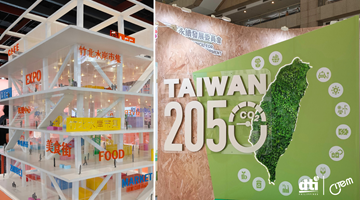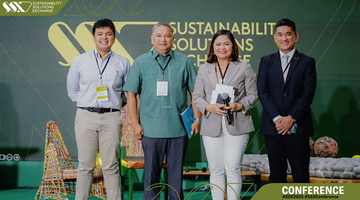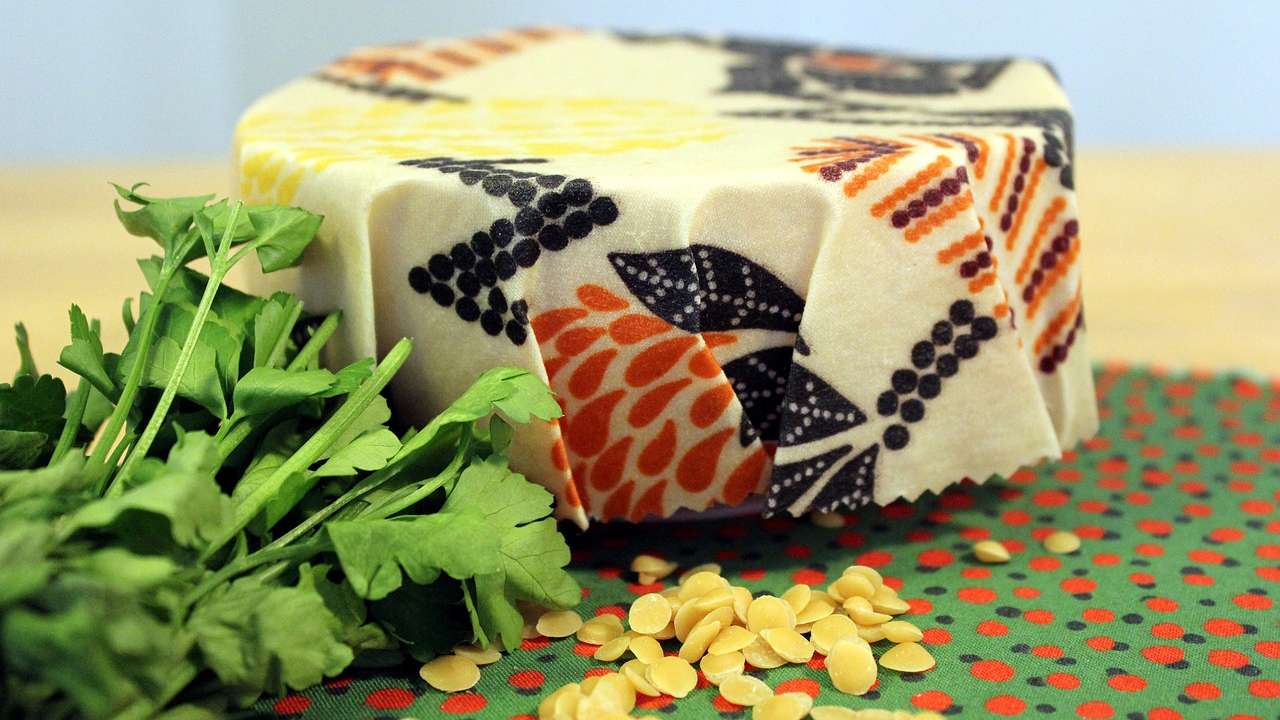POSTED Mar 22, 2022 - 06:25 PM
Sweeter than honey: Beeswax wraps have more to offer for business innovation and sustainable packagi
Honey isn’t the only important product you can get out of bees. Their beeswax can also be utilized for sustainable products and packaging
Original source: https://nolisoli.ph/49930/beeswax-wrap-ymalajito-20181011/
This story originally appeared in Southern Living Discourse Issue
Original text by Yazhmin Malajito
With additional text by Pauline Miranda
Food and plastic are two major concerns in sustainability. According to the United Nations Environment Programme (UNEP) Food Waste Index Report 2021, more than 930 million tons of food ended up as waste in 2019. The UNEP also notes: “Today, we produce about 300 million tons of plastic every year. That’s nearly equivalent to the weight of the entire human population.” The numbers have long been alarming, but many have also been taking notice—and taking action.
The rise of people’s awareness on sustainability comes alongside the surge of shops and small businesses making eco-friendly alternatives accessible. One such alternative is beeswax wrap—a reusable substitute to single-use plastic such as cling wrap, aluminum foil, and other items used for packing and storing food.
What are beeswax wraps?
Beeswax wraps are usually cotton clothes covered with a coating of beeswax, jojoba oil, and tree resin. What makes them a suitable alternative to most food wraps is that they can easily mold and grip around items like normal wrappers but can be washed for reuse. Beeswax wraps mostly last up to a year and are biodegradable once worn out.
There are also local makers and distributors of beeswax wraps such as Daniela Calumba, a jewelry designer and vegan body care retailer whose product portfolio also includes charcoal-infused bamboo toothbrushes, deodorant creams, and healing balms.
To use beeswax wraps, simply use your hands’ warmth to mold the beeswax wraps around bowls and jars of food or snacks. These beeswax wraps can simply be cleaned with soap and water.
Role in the ecosystem
The most important and most sustainable feature of these reusable wraps come from its beeswax coating. The wax, which is collected during the harvesting of honey, has been used in a variety of ways such as a key ingredient in cosmetics and candles, as a lubricant and waterproofing agent, and as polish.
With all by-products of bee pollination—from honey and wax to propolis and royal jelly—it’s easy to see how lucrative beekeeping and bee farming can be. However, it’s important to note that more than just its business promise, bees play a larger role. The pollination system of bees keeps ecosystems thriving and intact.
However, alongside the profitability of bee products are threats such as adulterated or fake honey. In 2020, the Department of Science and Technology discovered in a study that 80 percent of honey sold in markets were not pure honey. Rather, they were adulterated or contained sugar syrup.
This is also a global problem. According to Insider, honey is the third most faked food in the world. The problem is that “adulterated or fake honey depresses the price for real honey, making honey production unprofitable,” Insider quotes American Honey Producers Association president Kelvin Adee.
There are ways to test the authenticity of honey, Insider writes. One is to cross-check its declared origin against lab tests. However, the problem is that some honey producers can “chemically alter honey to confuse chemical traceability tests.”
The best way to determine honey’s authenticity would be through tests like stable carbon isotope ratio analysis (often referred to as SIRA or Iscira). This is the test being used by the DOST’s Philippine Nuclear Research Institute (PNRI) to identify adulterated honey.
The Philippines currently has a national standard for honey set by the Bureau of Agriculture and Fisheries Standards. Part of this is to declare any and all additional substances to honey on the product’s label, along with the geographical location of the honey’s source.
Inquirer reports however that this national standard was last updated in 2016. Additionally, it “only requires an analysis for moisture, sugar, and water insoluble solids contents.”
DOST-PNRI has made recommendations to the Department of Agriculture and the Food and Drug Administration to use Iscira in their regulatory processes.
For more information and news on food, food businesses, restaurants, local food brands, food lifestyle, and entrepreneurship, visit IFEXCONNECT and FOODPHILIPPINES
Read more

Learning the curve of sustainability: CITEM explores Taiwan’s SDG-driven industries
CITEM tracks sustainable practices in Taiwan’s transformative industries, and gets a glimpse of a... Learn More

CITEM Market Sensing Mission to Taiwan to strengthen PH SDG competency
Making serious strides toward strengthening the country’s sustainability footprint, CITEM travels to... Learn More

EU, PH push for green solutions in food industry at Sustainability Solutions Exchange 2025
Aiming to develop a sustainable Philippine food industry, the European Union (EU) and the Department... Learn More

SSX Conference yields strategies for circular PH food industry
Transformative ideas took root at the Sustainability Solutions Exchange (SSX) Conference, where entr... Learn More
